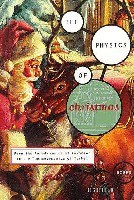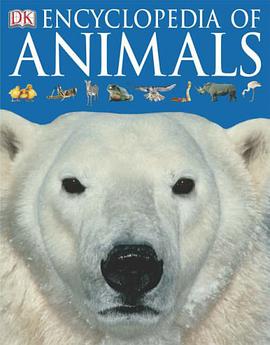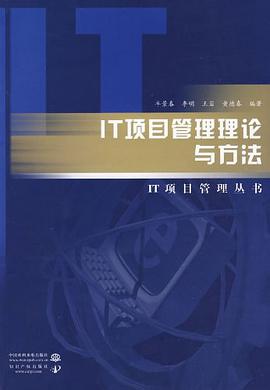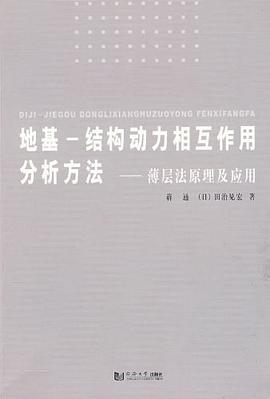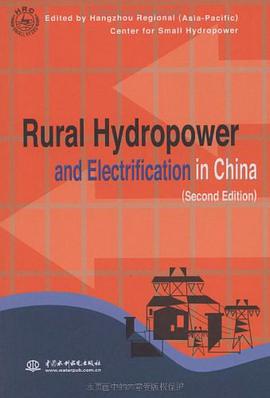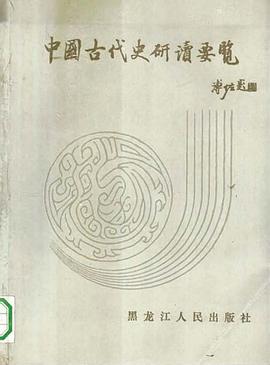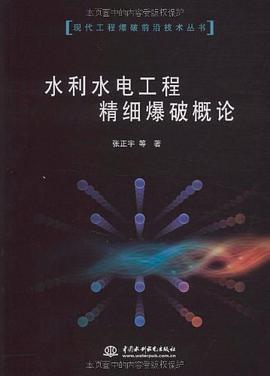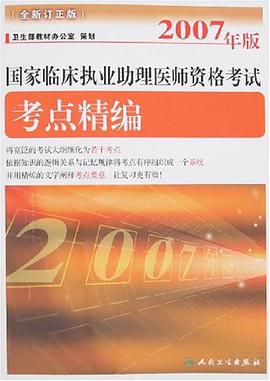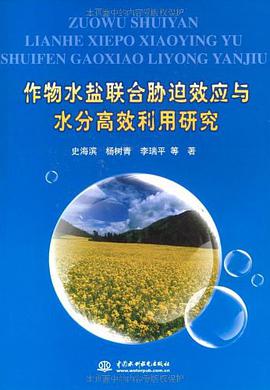

Book Description
In The Physics of Christmas, award-winning science journalist D. Roger Highfield acts as a guiding spirit to everyone's favorite holiday, illuminating Christmas by viewing its many cherished rituals and icons from a new and fascinating perspective: science.
Calling upon the latest research in chemistry, mathematics, genetics, anthropology, physics, psychology, and astronomy, Highfield explores such questions as these: Could reindeer really fly? How do snowflakes form, and what could scientists do to guarantee an annual white Christmas? Is there a biological reason that so many people prefer not to eat Brussels sprouts at Christmas dinner? Why is Santa so obese? Why are we so frequently depressed after the holiday season?
Amazon.com
Roger Highfield loves science, and he loves Christmas, too. Combining the two in The Physics of Christmas is his attempt to refute the notion that "the materialist insights of science destroy our capacity to wonder, leaving the world a more boring and predictable place." To that end, Highfield presents an amusing, eclectic, and trivia-filled collection of scientific observations about one of the Western world's most beloved holidays.
Contrary to the title, Highfield doesn't limit himself to physics. His anthropological observations include tracing the origins of Santa Claus--an especially amusing and enlightening chapter entitled "Santa: The Hallucinogenic Connection" examines the possibilities of the psychoactive mushroom Amanita muscaria's red-and-white cap being the inspiration for Santa's robes. In a tip of the stocking cap to biology, Highfield hints at a parasitic infestation that may be responsible for poor Rudolph's red nose and examines the advantages of cloned Christmas trees. Psychologically speaking, we find an analysis of the emotional weight of gift giving and card exchanging (sever all relationships with those who send musical cards, research suggests), and how a holiday can be both religious and commercial. Even post-holiday depression is deconstructed, along with Santa's unhealthy obesity and apparent immortality, the effects of alcohol on sleep patterns, the astronomical origins of the Bethlehem star, and the ins and outs of snow.
You'll never look at the trappings of Christmas the same way after reading Highfield's seriously funny book. And you may accidentally learn something, too.
--Therese Littleton
Library of Congress
In The Physics of Christmas, award-winning science journalist D. Roger Highfield acts as a guiding spirit to everyone's favorite holiday, illuminating Christmas by viewing its many cherished rituals and icons from a new and fascinating perspective: science. Calling upon the latest research in chemistry, mathematics, genetics, anthropology, physics, psychology, and astronomy, Highfield explores such questions as these: Could reindeer really fly? How do snowflakes form, and what could scientists do to guarantee an annual white Christmas? Is there a biological reason that so many people prefer not to eat Brussels sprouts at Christmas dinner? Why is Santa so obese? Why are we so frequently depressed after the holiday season?
From The Washington Post Book World
The tone of his book is whimsical with only occasional lapses into the merely fey, and he manages to get across a great deal of complicated information in terms the lay reader can (mostly) understand. The title of his book notwithstanding, his discussion is hardly limited to physics or even to the other, narrower fields mentioned in his subtitle; he also worships at the altars of psychology, sociology and other such enterprises in which scientific exactitude gives way to hit or miss.
Jonathan Yardley
About Author
"Roger Highfield is the science editor of The Daily Telegraph in London. He carried out research at Oxford University and the Institute Lane Langevin, Grenoble, where he became the first to bounce a neutron off a soap bubble. He has coauthored three other books: Frontiers of Complexity, The Private Lives of Albert Einstein and The Arrow of Time a bestseller that has been translated into more than a dozen languages.
With the BBC, he has organized several mass experiments, dubbed Megalab, which have attracted the participation of hundreds of thousands of people. He has also contributed to Esquire magazine. Highfield has won a number of awards, including a British Press Award, two Glaxo science writing awards and one for medical journalism. He is married and lives in Greenwich, London.
There will also be a UK edition of the book, called Can Reindeer Fly?"
Book Dimension :
length: (cm)19.5 width:(cm)13.6
具體描述
讀後感
用戶評價
相關圖書
本站所有內容均為互聯網搜索引擎提供的公開搜索信息,本站不存儲任何數據與內容,任何內容與數據均與本站無關,如有需要請聯繫相關搜索引擎包括但不限於百度,google,bing,sogou 等
© 2025 onlinetoolsland.com All Rights Reserved. 本本书屋 版权所有

